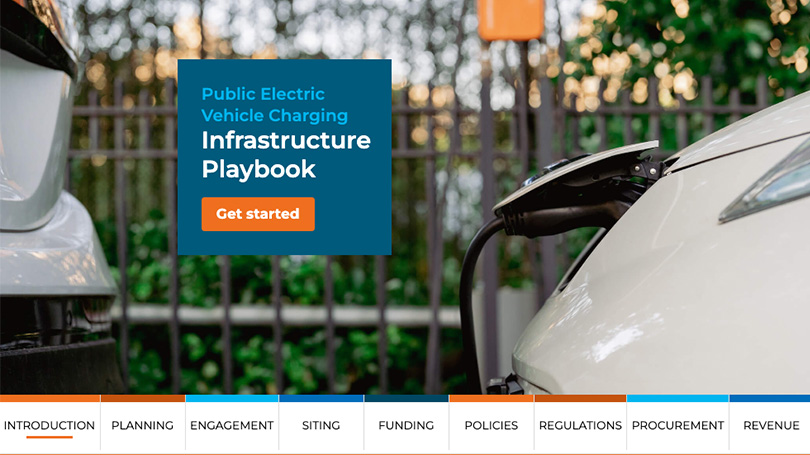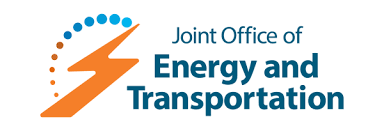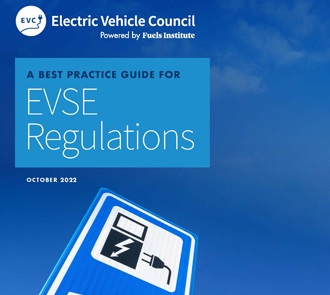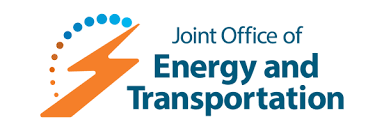
The enhanced playbook now offers activities, videos, and resources on policies and incentives; regulations for zoning, codes, and permitting; procurement, ownership, and operation; and revenue and fee structures. The new modules complement existing information on planning, community engagement, site identification, deployment strategies, and charging costs and funding.
"The Joint Office is here to help every community make zero-emission transportation a reality,” said Gabe Klein, Executive Director of the Joint Office of Energy and Transportation. “The expanded Public EV Charging Infrastructure Playbook showcases best practices from states and cities based on real-life deployment scenarios with top-notch resources, videos, and interactive worksheets to help accelerate deployment of zero-emission infrastructure at the local level.”
Playbook resources help communities, planning organisations, local and state governments, Tribal Nations, and other decision makers navigate important considerations when planning and deploying EV charging infrastructure. With the completion of the four additional modules, users now have access to a robust set of resources curated by subject matter experts in EV charging infrastructure. The playbook offers guidance but is designed to be easily adapted to meet the unique needs of each community.
The Public EV Charging Infrastructure Playbook was adapted from resources developed by the National Renewable Energy Laboratory and World Resources Institute as part of the C2C peer-learning cohorts on equitable and grid-friendly EV charging infrastructure deployment, and planning and funding for EV charging infrastructure deployment.











